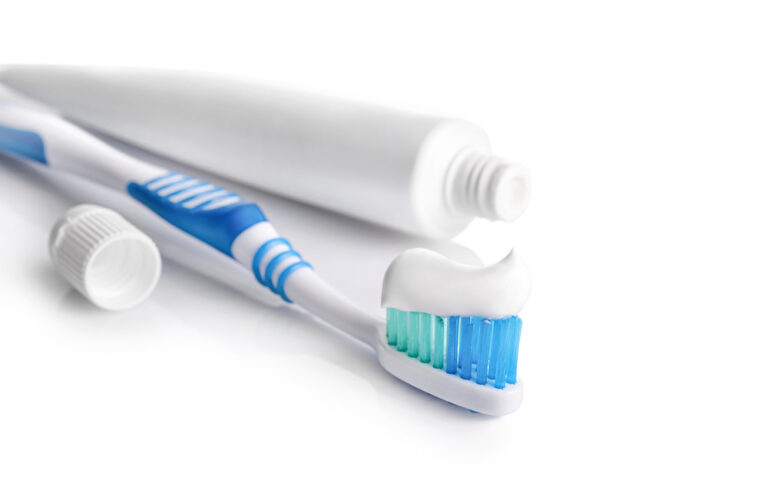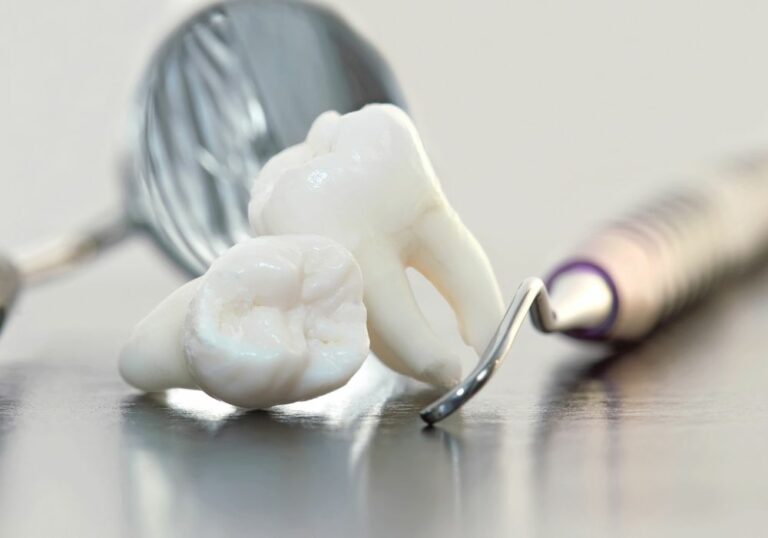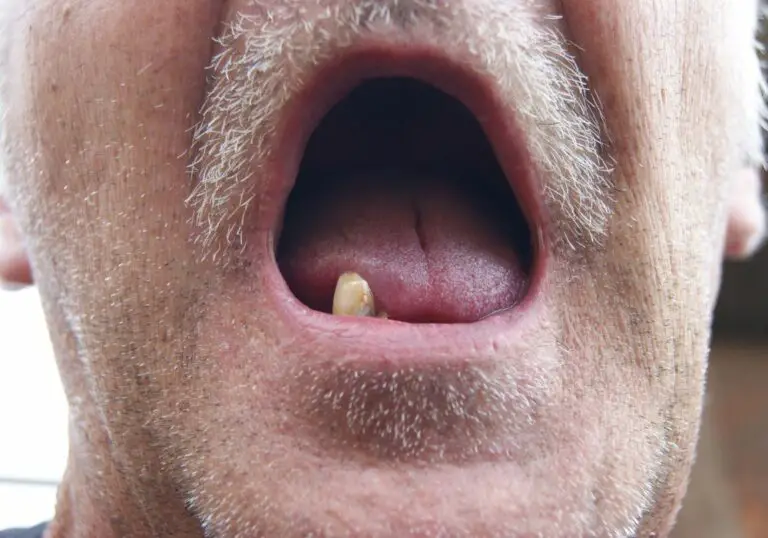A study on patients with dental anxiety and medical complexities found that over 44% of patients had moderate needs for sedation, and over 34% had a high sedation need while performing a dental procedure. Complex dental procedures often require more than local anesthesia to keep patients comfortable.
Sedation allows patients to feel at ease and worry-free during dental procedures as qualified specialists monitor them. Sedation allows dentists to perform procedures that may otherwise be too difficult or stressful for the patient.
Sedation levels can be adjusted based on a patient’s needs and tolerance. It allows even those with dental anxiety to benefit from necessary treatments. Proper sedation techniques include:
- Careful patient screening and risk assessment;
- Using minimal effective doses of sedation medication;
- Continuous monitoring of vital signs;
- Having emergency equipment and reversal agents on hand.
Procedures like dental implants, wisdom teeth removal, reconstructive surgery, and cosmetic dentistry may require sedation. For these complex treatments, sedation dentistry offers several benefits.
With Safe Sedation Training for dental specialties, dental professionals can ensure that patients remain comfortable and at ease throughout their treatment. If you are facing a complex dental procedure, consider speaking with your dentist about the possibility of using sedation dentistry to make the experience stress-free.
Which Complex Procedures Require Sedation Dentistry?

Some of the complex dental treatments that can benefit from sedation include:
Endodontic Treatments
Endodontic treatments like root canals require drilling into the tooth and can take over an hour to complete. Sedation dentistry helps patients relax during these complex treatments so they can remain still while the dentist works. Patients will feel relaxed during the treatment but can still respond to the dentist.
Periodontal Procedures
Deep cleanings and gum grafting can be uncomfortable for patients with severe gum disease. Sedation dentistry is implemented during periodontal treatments such as gum grafts, tissue regeneration, and surgeries aimed at reducing pockets in the gums.
Sedation can relieve anxiety and pain during the start of periodontal treatments. Patients are usually sedated throughout the entire procedure and recover comfortably afterward.
Oral Surgery
Oral surgeries, such as wisdom teeth extractions, dental implants, and jaw surgeries often require sedation dentistry. Sedation is administered before the surgery to relax the patient. Patients recover from the sedation after the procedure is completed.
Dental Implant Surgery
The placement of dental implants is a multistep procedure that may require sedation dentistry at some stages. Sedation is commonly used during initial implant placement when posts are inserted into the jawbone.
Under sedation, patients can remain still and relaxed, allowing the dentist to perform the necessary work without interruption. While sedated, patients feel minimal discomfort but can still respond to cues from the dentist.
Reconstructive Dentistry
Reconstructive dentistry aims to rebuild and restore oral health and function. Rebuilding and restoring the teeth and jaw structure entails transplanting bone, elevating the maxillary sinus, and widening the jaw ridge. These complex surgeries can require hours in the dental chair, so sedation dentistry is key to keeping patients relaxed for the duration of treatment.
Patients with high anxiety or long procedures can benefit from the relaxation and comfort sedation provides. With the proper safety training and precautions, sedation allows dentists to perform necessary treatments that may not otherwise be possible for some patients.
What Are the Advantages of Using Sedation During Complex Procedures?

According to a survey of dentists in the United States and Canada, over 75% regularly use some form of conscious sedation when performing complex dental work. Sedation is popular among dental patients for several reasons:
Fewer Visits
When patients choose to do their procedure with sedation, the dentist can work more efficiently and quickly. The patient is more relaxed and less likely to experience pain or discomfort during the procedure. It means complex procedures requiring multiple visits can often be completed in one visit.
Pain Management
Sedation can significantly reduce anxiety and fear related to dental treatments. Sedated patients are more relaxed and less likely to perceive pain during procedures. Additionally, patients who undergo a positive experience with sedation are more likely to adhere to regular dental visits and maintain good oral hygiene.
Gag Reflex Control
Some patients struggle with a sensitive gag reflex triggered during dental work. Sedation helps to alleviate it and perform complex procedures for patients with hyperactive gag reflexes.
Less Likely to Develop Dental Phobia
Sedation during early complex dental treatments can prevent patients from developing dental phobias. Patients are less likely to have traumatic experiences that lead to fear and avoidance of dental care. Dentists assess each patient’s medical history and health status to ensure the sedation method chosen is appropriate and safe.
Sedation dentistry can be an effective technique for dentists to utilize when conducting complex procedures, provided the dentists and staff are trained, and the sedatives are administered correctly.
Conclusion
Administering medication to induce a relaxed and calm state allows patients to undergo oral procedures that would otherwise be uncomfortable or difficult to tolerate, such as placement of tooth roots, root canal therapy, and other treatments that require entry into mouth tissues. When administered by a trained professional, sedation dentistry can help guarantee patients’ safety and comfort.







